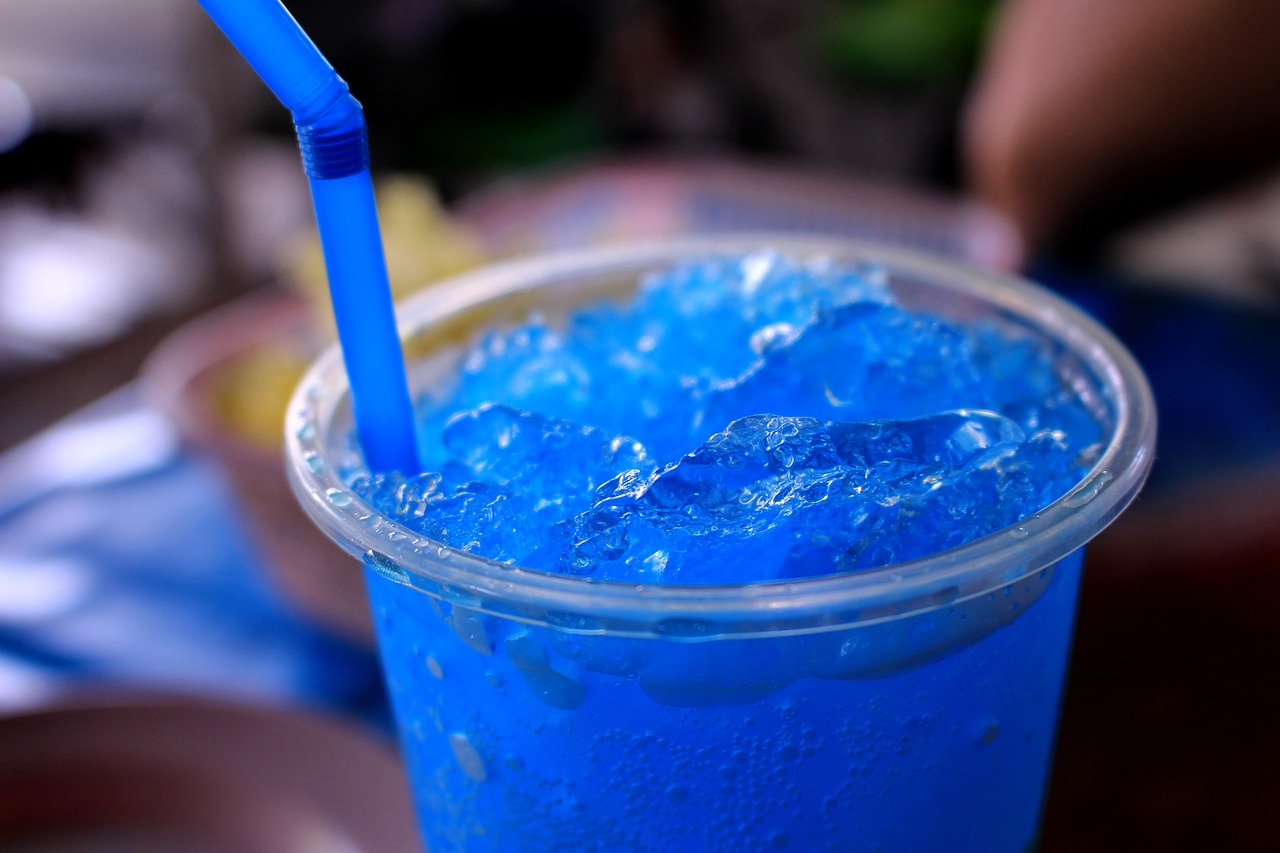Overview
Intellectual Property — Life Sciences Bulletin
On March 24, 2018, Health Canada issued a notice of intent to amend the Food and Drug Regulations (“Regulations”) with the aim of restricting the amount of alcohol in highly sweetened alcoholic beverages sold in single-serve (non-resealable) containers. This proposal would affect alcoholic beverages sold in single-serve containers that exceed a certain sweetness threshold (including those that contain artificial sweeteners).
Health Canada’s action came in the wake of the death of a 14-year-old Quebecois girl, who had illegally bought and consumed several cans of a highly sweetened alcoholic beverage, each with an alcohol content of 11.9 percent (equivalent to four alcoholic drinks).
(a) Provincial Legislative Changes
Following this tragic event, the Quebec government reacted immediately by signalling its intent to amend provincial legislation pertaining to the sale of highly sweetened alcoholic beverages. On February 21, 2018, Martin Coiteux, Quebec’s Minister of Public Security, introduced Bill 170, which set out to modernise Quebec’s current legislation on liquor permits and other provisions regarding the sale and consumption of alcoholic beverages. Bill 170, which passed on June 12, 2018, introduces the following provisions:
the sale of certain alcoholic beverages, namely beer-based beverages with over 7 percent alcohol content, would be prohibited in grocery and convenience stores;
monetary penalties (of no more than $100,000) in the event of a breach of the Regulation respecting promotion, advertising and educational programs relating to alcoholic beverages, namely the marketing of alcoholic beverages to an underage audience; and
training requirements on the responsible consumption of alcoholic beverages for all licencees, persons administering the establishment in which a licence is operated, and any other staff member of a licensee.[1]
Moreover, and insofar as alcohol regulation in Canada is a shared responsibility between federal, provincial and territorial (P/T) governments[2], the Quebec provincial government implored Health Canada to act within its jurisdiction and amend its regulations pertaining to alcohol content in these beverages. As such, Health Canada issued the notice of intent and following parliamentary hearings, is anticipated to amend the Regulations in the Fall of 2018.
(b) Federal Legislative Proposal
Following Health Canada’s notice of intent, in the Spring of this year, several industry groups testified before the House of Commons Standing Committee on Health (“Committee”). Most recently, on June 19, 2018, the Committee issued a Report on Highly Sweetened Pre-Mixed Alcoholic Beverages (“Report”). The Report set out fifteen recommendations pertaining, most importantly, to limiting alcohol, sugar, and caffeine content. In particular, the main recommendations include:
Restricting the alcohol content in these beverages to that of one standard serving of alcohol (or 13.5 g or 17.05 mL). Setting their sweetness threshold at 5 percent.
Restricting the caffeine content of alcoholic beverages to 30 mg per standard serving of alcohol.
Requiring that all alcoholic beverages for sale in Canada include on their labels the number of standard servings of alcohol contained in them as well as the amount of sugar, calories, caffeine, and other stimulants.
Prohibiting the labelling, packaging, and marketing of alcoholic beverages in a manner that could be considered appealing to young people.
Setting excise taxes for all alcoholic drinks at a fixed rate per standard serving, or for highly sweetened alcoholic beverages at the same rate as those for spirits, in addition to setting a national minimum price for a standard serving of alcohol.
(c) Current Federal Regulation of Caffeinated Energy Drinks
Currently, Canadian regulation prohibits the sale of caffeinated energy drinks (CEDs) containing alcohol as well as the artificial addition of caffeine to alcoholic beverages. However, manufacturers are not prohibited from adding flavouring ingredients that naturally contain caffeine, such as guarana, to their alcoholic beverages. In addition, manufacturers are not prohibited from adding ingredients such as cola or other soft drinks, that are themselves permitted to contain caffeine as a food additive, to their alcoholic beverages.
In October 2011, Health Canada announced its intention to classify and regulate CEDs as foods. This was based on its determination that, due to consumption patterns, history of use, representation to consumers, and in accordance with its own guidelines on the classification of natural health products, CEDs fit the regulatory definition of a food, as opposed to a natural health product. In order for such products to be legally marketed in Canada manufacturers are currently required to obtain a temporary market authorisation (TMA) issued by Health Canada.
As a condition of the TMA, companies are required to collect and report data on any consumption incident associated with their products so that Health Canada can understand and monitor the long-term health effects of consuming CEDs.
Furthermore, in 2012, Health Canada published a Guidance document setting out a proposed approach to the regulatory safety requirements to account for the ways in which CEDs were sold to, and consumed by, Canadians. In addition to prohibiting the sale of alcoholic CEDs, Health Canada set the concentration of caffeine in CEDs to no less than 200 ppm (mg/L) and no more than 400 ppm. As well, for a single-serving container, the maximum amount of caffeine could not exceed 180 mg per container (with non-resealable containers and containers equal to or less than 591 mL in volume being treated as single-serve containers). Similarly, for a multi-serving container, the maximum level of caffeine could not exceed 180 mg, per serving (500 mL). Moreover, CEDs could not contain 25 percent or more fruit and/or vegetable juice, puree or pulp.
In addition, a number of labelling and marketing guidelines were put into effect, namely mandatory caution statements such as “Do not mix with alcohol” and “High caffeine content” are now required. As well, the marketing of CEDs to children or as a form of hydration and/or electrolyte replacement during physical activity is prohibited.
To be sure, Health Canada does not currently permit the sale of alcoholic beverages or mixtures that contain caffeine that has been added directly to them, (whether the additive is derived from an artificial source or obtained from a natural source). However, sweetened alcoholic beverages containing only naturally occurring sources of caffeine, have managed to fall through a regulatory loophole and, as such, have been sold in grocery and convenience stores across the country.
It remains to be seen, if and how Health Canada will enforce similar alcohol restrictions and labelling guidelines on single-serve containers of highly sweetened beverages.
Apace with the intention to amend the Regulations pertaining to sweetened alcoholic beverages, the Canadian Food Inspection Agency released, on June 16, 2018, a Regulatory Impact Analysis Statement along with proposed regulation amendments concerning the sugar limits in beer. In particular, the proposed regulations would establish a residual sugar limit set to 4 percent by weight as a clear and objective measure in upholding the integrity of beer as opposed to sweeter malt-based beverages. Beverages that exceed the 4 percent residual sugar limit would not be permitted to be sold as beer or use beer as a common name and, as such, would have to be relabelled. Some existing beer would also need to be reformulated to meet the 4 percent sugar limit and would need to be relabelled to reflect the changes in ingredients. Comments may be submitted up until September 14, 2018.
[1] Ontario Regulation for the Sale of Liquor in Government Stores already provides that grocery stores are prohibited from selling beer or cider with an alcohol content greater than 7.1 percent or any malt-based coolers. Alberta, in its Retail Liquor Store Handbook, prohibits liquor stores from selling energy drinks or any beverage that contains caffeine, herbs, taurine or other vitamins and minerals.
[2] The constitutional designation of the federal criminal law power provides general basis for federal legislation in a number of matters relating to health, notably food and drugs, industrial and consumer products, and controlled substances. As such, the federal government has the power to legislate with regard to food and drug content. The provinces, for their part, are responsible for enacting laws and regulations pertaining to the sale and distribution of alcoholic beverages with alcohol oversight typically managed by the provincial liquor control boards or commissions. They can set out additional health and safety labelling regulations related to alcoholic beverages and control accessibility through pricing, licensing of sale outlets, hours of operation, and setting minimum drinking ages.
Authors
 |
 |
 |
| Jean-Philippe Mikus PARTNER Montréal, QC |
Dara Jospé PARTNER Montréal, QC |
Eliane Ellbogen PARTNER Montréal, QC |
© 2017 Fasken Martineau DuMoulin LLP
The content of this website may contain attorney advertising under the laws of various states.


